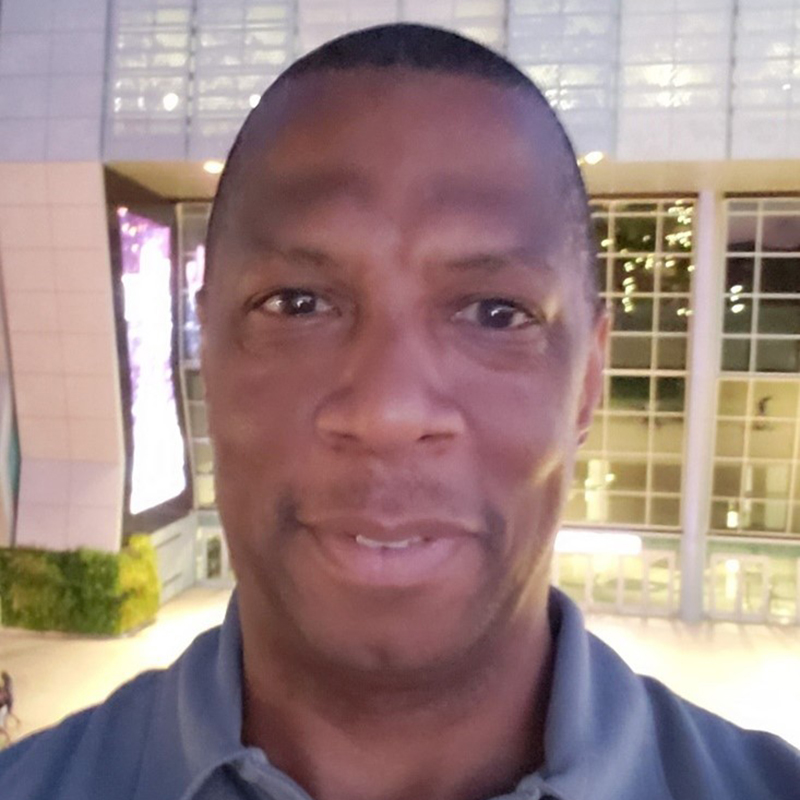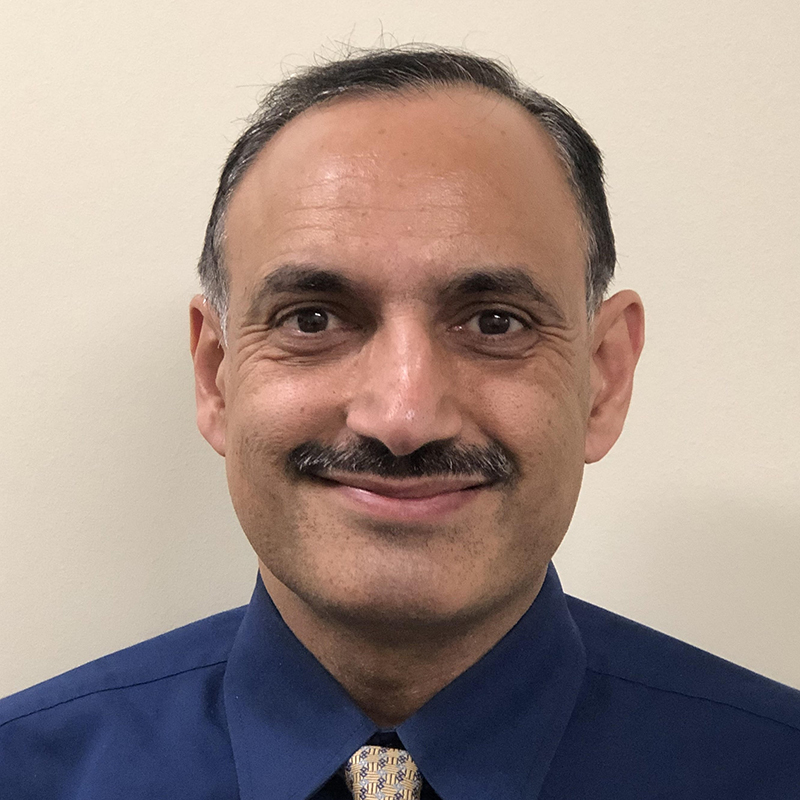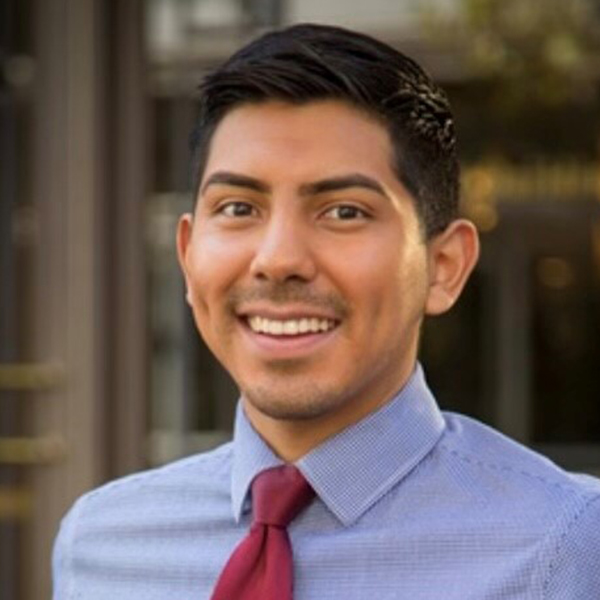

The Whole World is Watching
For our colleagues who attended last week’s Democratic National Convention in Chicago, including our Chair Dee Dee Myers and my nephew Max, thankfully, the joyful, harmonious experience bore no resemblance to the chaos and violence that occurred on this day in 1968, when the Battle for Michigan Avenue was fought outside of that year’s Convention.
Last night, I watched The Trial of the Chicago 7 and its depiction of more than 23,000 heavily armed police, Army troops and National Guardsmen brutalizing 10,000 anti-war protesters. With hundreds arrested and even more injured, demonstrators correctly chanted “The whole world is watching.”
While my hometown candidate of 1968, Hubert Humphrey, was secured in his hotel suite as tear gas and battles raged outside, this time around on Wednesday of the Convention, my other hometown candidate, Tim Walz, gave a rousing speech to unify the party and the nation.
Also, on this day in 1955, Emmett Till, a 14-year-old black boy from Chicago, was kidnapped, tortured and dumped in a river while on summer vacation to Mississippi, for allegedly whistling at a white woman. Till’s gruesomely mutilated face and body was displayed at his open casket funeral, as his mother stated “I just wanted the world to see.”
The acquittal of the white woman’s husband and his brother for the heinous crime emboldened them to even confess and sell their story the following year. This incident became a long running stain on our nation, and its widespread exposure propelled the civil rights movement. For an example that it’s never too late to do right, just two years ago in 2022, President Biden signed into law the Emmett Till Antilynching Act.
And lastly, on this day in 1963, 100 years after the Emancipation Proclamation, Martin Luther King delivered one of the most memorable speeches in American history during the March on Washington. In front of an audience of a quarter million, he shared the words, “I have a dream…” which would be forever seared into America’s consciousness regarding racism and social inequality. Listening to it again, it is evident why the exposure from this march that concluded with Dr. King’s speech led to the passage of the Civil Rights Act of 1964 just a short time later.
Now, more than ever, the whole world is watching and it has a very long memory.

















































